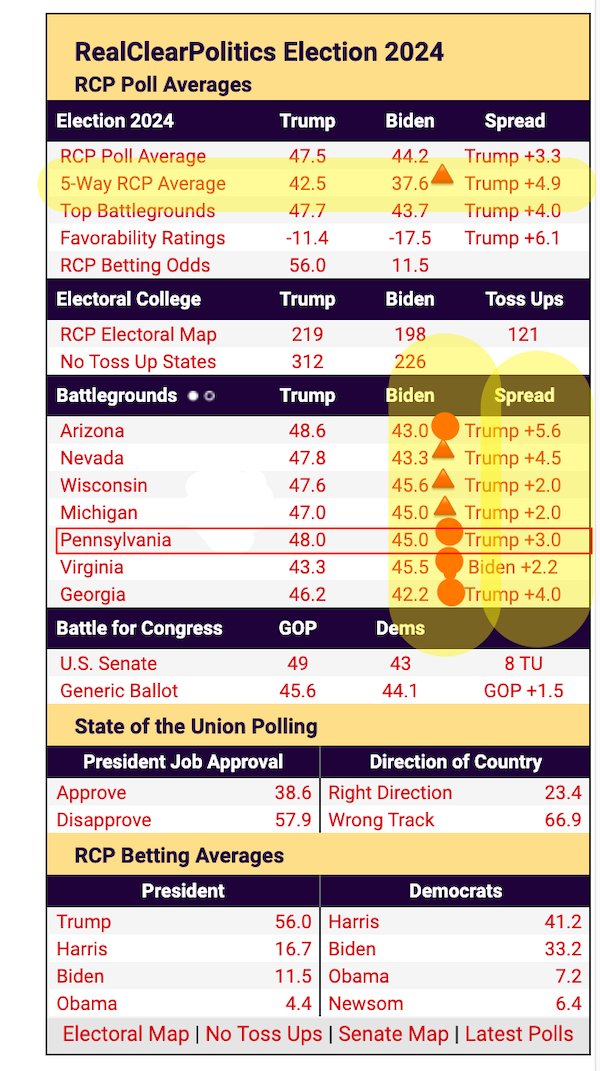For well over a century, economists have studied ways to make the law more efficient. While the Journal of Law & Economics (the premier field journal) was not founded until 1958, early 20th century economists like Alfred Marshall, A.C. Pigou, John Maynard Keynes, and many others were busy studying how economics can inform legislation to improve outcomes.
However, moving from “blackboard” economics to the real world is a difficult endeavor. We have repeatedly seen economic policies fail to achieve their stated goals, from the grand central planning of the USSR to more mundane “market fine tuning,” like carbon taxes. There is a wide literature on these failings, which readers of this blog are certainly aware of: the knowledge problem highlighted by Hayek, public choice issues like rent-seeking and other collective decision-making problems, and so forth. But there is also a problem of translating theory into something actionable. Economic theory uses a lot of terms slightly differently from how they are generally used. Translating these terms into legislation is tricky. The example of dumping will demonstrate this point.
A bit of business before I begin: I am assuming here that the goal of the legislation is to improve economic outcomes as defined in the neoclassical sense: to maximize total welfare. My general point about the difficulty of aligning legislation with goals will not change if this assumption does not hold, though the examples will.
Dumping is a process where a firm sells below cost to try and grab market share by driving out competitors. There is an argument that such behavior is anti-competitive and will result in worse economic outcomes. Economists generally reject this argument (indeed, one of the first papers in the Journal of Law & Economics is a classic piece dispelling this myth), although it can still be considered anticompetitive and not welfare maximizing. To that end, legislation exists both at the U.S. federal government level and at the international (World Trade Organization) level that prohibits dumping by domestic and international firms.
But there is a significant difference between economic dumping (that is, dumping as defined in economics) and legal dumping (that is, dumping as defined in legislation). In economics, dumping is when a good is sold below Average Total Cost. For the economist, “cost” includes both explicit (monetary) and implicit (opportunity) costs. Explicit costs are easy to identify, but implicit costs are much harder. Despite a clear definition, economic dumping is hard to identify. So, when legislation is written to try and improve economic outcomes, the legislators must use something more measurable. Thus, the legal definition of dumping.
Legal dumping is something entirely different. Legal dumping is simply a good being sold below “fair value.” But what is fair value? The Department of Commerce and U.S. International Trade Commission (the two bodies charged with investigating unfair international trade practices) have three ways to determine fair value: 1) what the price of the good is in the home country, 2) what the price of the good is in some 3rd country, 3) what the “constructed” price of the good is (the manufacturing cost of the good, plus some Department of Commerce-determined markup).
Note that the legal definition of dumping is vastly different from the economic definition. Indeed, the two describe very different practices! From an economic perspective, departure from any of the three descriptions of “fair value” does not imply unfair or uncompetitive behavior. Indeed, departure could be competition and welfare enhancing! We should expect prices to differ in different markets (supply and demand holds locally). Furthermore, where economics treats the price of a good as emergent depending on marginal benefit and marginal costs, the legal definition of dumping considers price as known in advance and the function simply of explicitly costs.
Because of the vagueness of the legal dumping statue, it is highly prone to corruption. Firms tend to use dumping as a hammer to wield against competition, especially domestic competition. The tool meant to prevent unfair practices ends up encouraging unfair practices. In short, by attempting to translate economic theory into legislation to actively guide outcomes, the legislation generates the very outcomes it was trying to prevent! (For a full discussion of the literature on the anti-competitive nature of anti-dumping legislation, see Free Trade Under Fire, Chapter 5.)
One could respond “But Jon, you sly and handsome devil, that just shows that the legislation can be enhanced further. There is no difficulty here.” But I disagree. A good scientist is comfortable with the fact that there are many things that influence our behavior that are unmeasurable. In economics, costs are one such thing: costs are ephemeral, psychological, and subjective. Costs, and their interpretation, will vary from person to person, and situation to situation. It is impossible for an outside observer ex ante to know what another person’s costs are. Indeed, the decision-maker may not even be aware of the costs they are facing. Legislation must rely on proxies, such as accounting costs, which do not translate the information in the same way. Consequently, translating economic theory into actionable legislation faces a significant uphill battle.
Dumping is one particularly obvious example of the difficulty of translating theory into legislation. But even if things go perfectly, there are always unintended consequences. Sticking with trade, Trump and Biden’s explicit goals for their tariffs were to raise the domestic prices of goods to discourage imports. That worked as intended. But the unintended consequence of reducing exports also occurred. Let me end with what I call Jordan’s Law of Unintended Consequences (named for fantasy author Robert Jordan): “Law of Unintended Consequences, stronger than any written law. Whether or not what you do has the effect you want, it will have three at least you never expected, and one of those usually unpleasant” (from The Path of Daggers by Robert Jordan, page 334).
Jon Murphy is an assistant professor of economics at Nicholls State University.
























